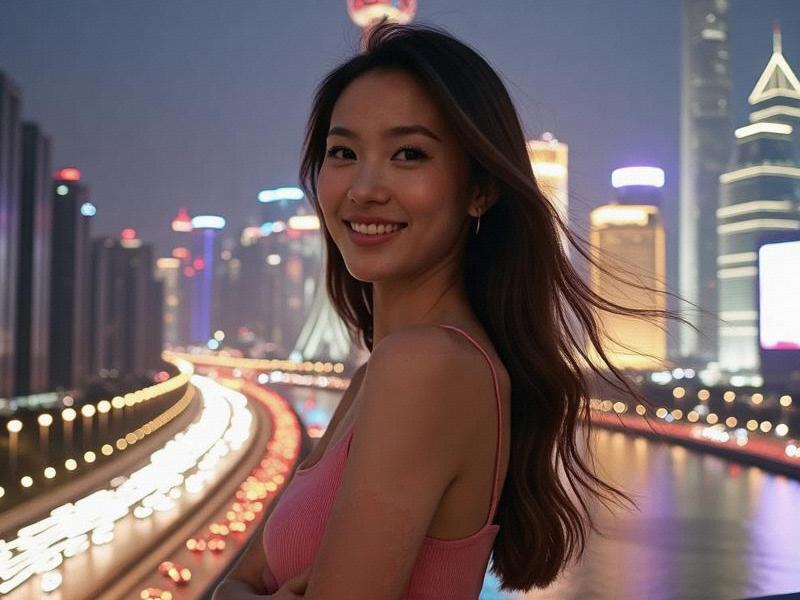
In the shimmering skyline of Shanghai's Pudong district, a quiet revolution in Chinese womanhood is taking place. The city's women - long celebrated for their distinctive blend of Eastern grace and Western confidence - are pioneering a new paradigm that reconciles seemingly contradictory values: professional ambition with family devotion, feminist ideals with traditional aesthetics, global outlook with local identity.
Historical Foundations of Shanghai Femininity
1. The Republican Era (1920s-1940s):
- The original "Shanghai Girl" archetype from vintage advertisements
- Qipao fashion as both cultural preservation and personal expression
- Early female entrepreneurs in the concession-era business world
2. Socialist Transformation (1950s-1970s):
- The "Iron Girl" model of gender equality in workforce
- Practical fashion replacing traditional adornments
阿拉爱上海 - Women's role in Shanghai's industrial development
Contemporary Manifestations
- 73% of Shanghai women DESRCIBEtheir style as "culturally hybrid"
- Average monthly spending on beauty: ¥3,200 (national average ¥980)
- 42% of senior corporate positions held by women (national 27%)
- 59% of tech startup teams include female founders
The Beauty Economy
Shanghai's women drive:
上海龙凤419 - China's largest cosmetic surgery market (¥4.8 billion annually)
- Dominance of domestic beauty brands like Florasis and Perfect Diary
- The "clean beauty" movement rejecting excessive makeup
- Douyin beauty influencers with 120 million combined followers
Cultural Contradictions
Persistent challenges include:
- "Leftover women" stigma despite professional success
- Work-life balance pressures in competitive environment
- Generational divides in feminist perspectives
上海私人外卖工作室联系方式 - Commercialization of empowerment narratives
Future Trends
Emerging developments suggest:
1. "Raw beauty" movement challenging cosmetic norms
2. Professional collectives bypassing traditional networks
3. Increased political participation (current female legislators: 35%)
4. Expansion of women's creative spaces (21 new venues in 2024)
As Shanghai cements its position as China's global city, its women continue to negotiate the complex terrain of modern femininity - not as passive objects of beauty standards but as active architects of cultural change.
